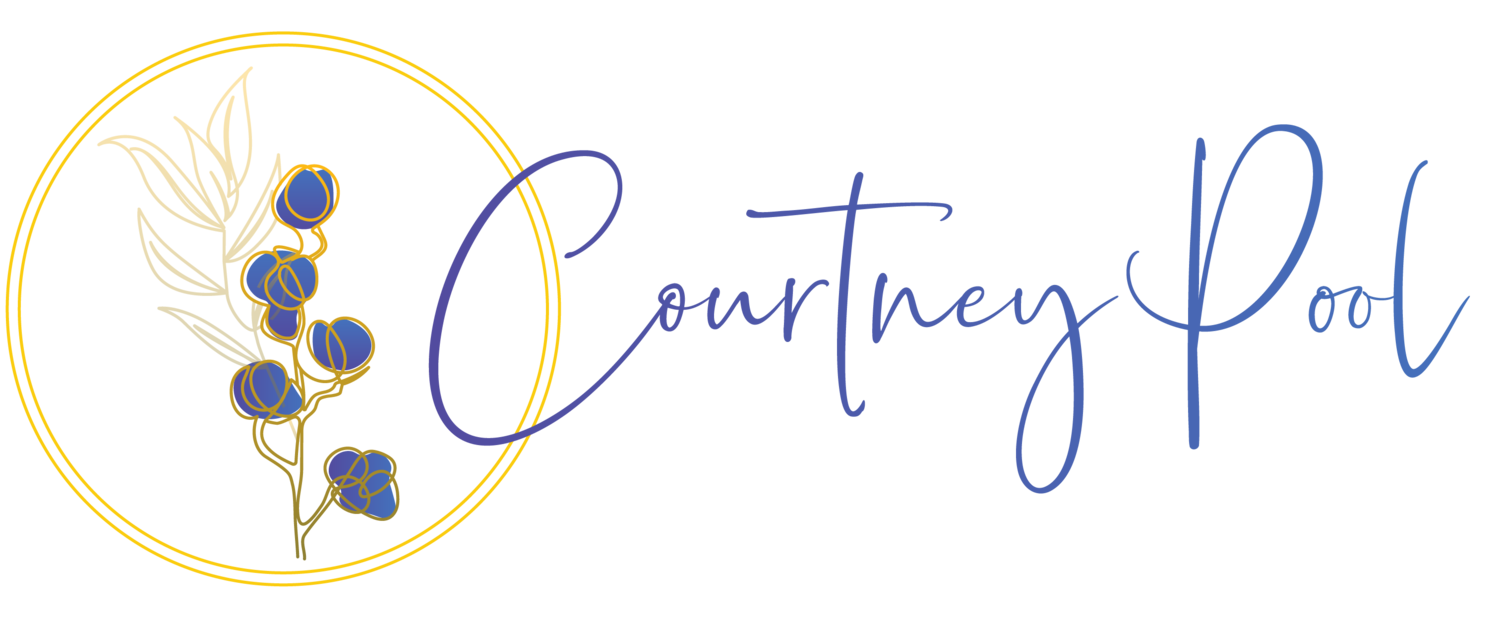Your Broken Heart and Your Food Addiction
All those who struggle with food addiction are, at their core, heartbroken.
Your binge eating reveals that deep down, somewhere, your heart is broken. You may not currently be aware of this, but it's true.
Addictions, including food addictions do not come from nowhere. They are not anomalies or in any way related to personality traits.
They cannot be chocked up solely to neurobiology or genetics with no link to the soul, emotions and life experiences.
Right now, you might think you're fine. You might think you're a happy person with a good life. Or you might think that while you're not particularly happy, you're certainly not heartbroken. But you are.
If you weren't heartbroken deep down, you wouldn't use food in a way that harms you.
You are heartbroken about how Little You was treated. You're heartbroken about your childhood and what happened.
You may be heartbroken about love of various kinds.
You may be heartbroken about how your life has turned out and how it's going, if you're really honest with yourself.
There are many potential ways that our hearts were broken when we were children, which resulted in us seeking comfort, soothing and "love" from food and drinks.
There are many ways we continue to have our hearts broken as we go through life, and if we never cry about that heartbreak, the sorrow just accumulates and accumulates.
Keep in mind though, everyone with food addiction has significant childhood heartbreak, not only adult heartbreak. Sometimes we want to think it's only our adulthood that's been very sad, not our childhood, but this is never the case.
Have the courage to ask yourself,
How did my little heart get broken in childhood?
How has my heart been broken in adulthood?
Could I let myself become more tuned into my heartbreak?
Can I stop judging and dismissing what broke my heart growing up?
Can I let myself cry and grieve my heartbreak?
“Sadness does not sink a person; it is the energy a person spends trying to avoid sadness that does that.”
-Barbara Brown Taylor
Photo by Pavel S via Unsplash

